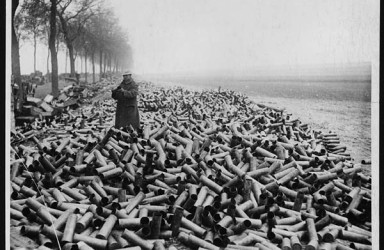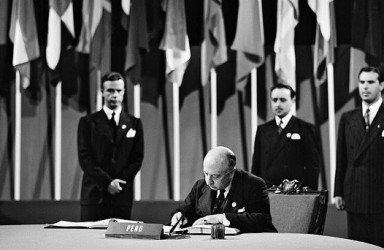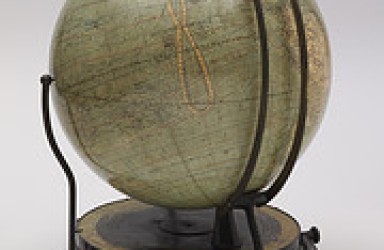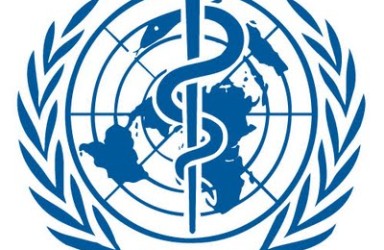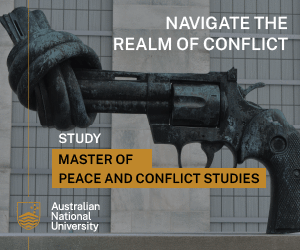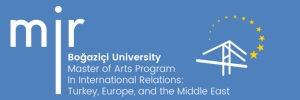The Kautilya Way
In a land as diverse as India, the British championed the technique of divide and conquer for nearly a century. Three thousand years before British explorers even set foot on India’s coast, a warrior by the name of Chandragupta Maurya unified Indian heterogeneity and established unified India’s first monarchical dynasty of the Mauryas. This Bismarckian mission owed its success to Chandragupta Maurya’s astute political adviser, Kautilya.
Does Terrorism Pose a Real Threat to Security?
Terrorism has become the most prominent security issue of the early 21st century and the response of western states to its dangers has also been highly controversial. Terrorism has existed since 66AD with the sicarii in Palestine whose activities “would qualify them as terrorists”. There are also many types of security with traditional and new security having differing views on where the emphasis of security should lie and what security actually is
Guilt and Predation: Europe’s Relations with the Former Colonial World
Whilst the EU has always looked to the future with regards to its outlook and policy directions, there can be no escaping the colonial legacy that Europe forged for itself in the period leading up to the creation of the ECSC in 1947. Special relations exist between each colonial power and its former territories. As a result, this necessitates special relations existing between the EU and former territories of its members
No Crimes But Punishment: The Case of Nasrin Sotoudeh
Nasrin Soutoudeh, one of Iran’s most prominent human rights and women’s rights activist went on a hunger strike for the second time on October 31st to protest her unlawful detention and ill treatment in Iran’s Evin Prison. Last week for the first time her two children, three and eleven years old visited her in prison. They found their mother in poor heath and so frail that she could not even hug them.
Does Britain bear the primary responsibility for World War I?
The sheer chaos of an era said to have required a daily calendar to catch the sense of rising tension between all the capitals makes it seem nonsensical to ascribe substantial blame to Britain. Eyebrows should rightly be raised over Britain’s non-interventionist policy on the eve of war in 1914, despite unconcealed German desires to be the main protagonist in global affairs. Which role did Britain play in the slide to war?
Under what Conditions has the UN been able to use its Chapter VII Powers?
The responsibilities and powers enshrined in Chapter VII of the United Nations Charter are central to the Security Council’s ability to uphold international stability and peace by averting or ending conflicts. So why has the Security Council failed to address a range of major conflicts that have occurred over the past 64 years, although it has successfully dealt with others?
Review – History of International Political Theory: Ontologies of the International
Hartmut Behr’s recent book is a fascinating critical reconsideration of how generations of political thinkers have appraised the interplay between universal and particular interests among the relations of states in their understandings of “the world” from Western antiquity through the present-day
Iran and Britain: The Politics of Oil and Coup D’état before the Fall of Reza Shah
British strategy in the Middle East consolidated around a sustained effort to prevent any adversarial penetration into the Persian Gulf, defending its position athwart the principal lines of communication and supply between Northern Europe and British India, and to protect the newly discovered Persian oil that was used to power the Royal Navy
Experimental Insights on Corruption in International Political Economy
The conventional understanding of corruption in International Political Economy is limited. Our understanding of corruption can improve through the insights of economic experiments. These offer explanations on the psychological, cultural and moral aspects of corruption, which have important policy implications
What are the main functions of the World Health Organization?
It is now possible for infectious diseases to spread around the globe in a matter of days. The threat of infectious disease brings with it a number of traditional, hard security issues that other health issues do not. However, it is becoming increasingly apparent that IR scholars will need to expand their examination of the ways in which the World Health Organization functions beyond the realm of infectious disease

